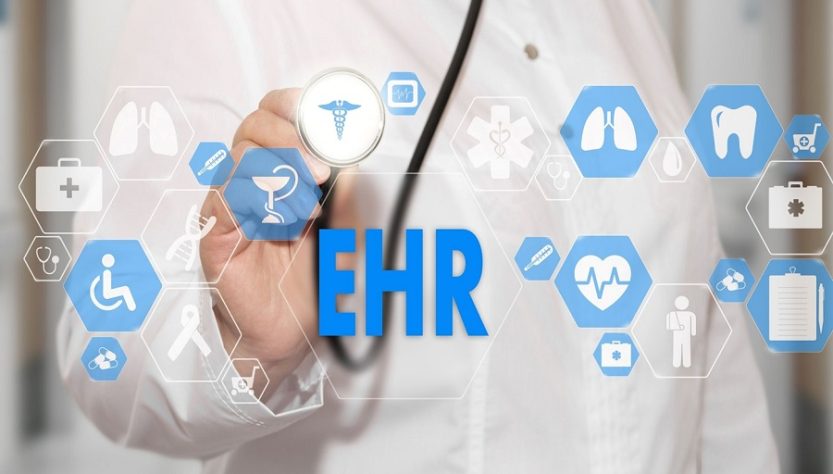There is no doubt that electronic health records (EHR) have had a profound impact on the healthcare industry. EMR vs EHRs improve patient care in several ways, including reducing medical errors, improving communication among healthcare providers, and facilitating better decision-making. In this article, we will explore how EHRs improve patient care and discuss some of the benefits that the healthcare industry has been experiencing since adopting this technology.
What are Electronic Health Records?
EHRs are digital versions of patients’ medical records. They allow healthcare providers to collect, store, and share patient information electronically. EHRs improve patient care by providing healthcare providers instant access to patients’ medical history and treatment information. It enables people to make better decisions about their care and helps to avoid medical blunders.
4 Ways Electronic Health Records Improve Patient Care
1. EHRs Improve Portability and Sharing of Patient Information
Since EHRs are digital, they can be easily shared between healthcare providers. It allows doctors to quickly and easily access a patient’s medical history no matter where they are located. In addition, EHRs can be accessed by patients themselves, which allows them to review their own medical information and track their treatment progress.
EHRs also improve the portability of patient information. It means that patients can take their medical records from one healthcare provider to another. This is particularly helpful for patients who have to see multiple specialists or travel and seek medical care while away from home.
2. Improved Decision Making
One of the biggest benefits of electronic health records as well as EMR integration is that they improve decision-making. By providing doctors with instant access to patients’ medical information, EHRs allow them to make more informed decisions about their care. It aids in ensuring that patients receive the best treatment available for their individual needs.
EHRs also help doctors to prevent medical errors. By providing them with instant access to patient’s treatment history, EHRs help doctors avoid making the same mistakes that have been made in the past. This helps to ensure that patients receive safe and effective care.
3. Reduced Workload
EHRs also help to relieve some of the workloads that healthcare providers face. Since EHRs can be accessed by patients, doctors no longer have to spend as much time answering questions and filling out forms. It allows them more time with their other patients or even just for themselves!
4. Focuses on Preventative Care
Out of the many benefits of an EHR built for innovation, EHR also helps to focus on preventative care. By providing doctors with instant access to patients’ medical history, EHRs identify potential problems before they become serious. This helps to ensure that patients receive the best possible care and helps to reduce the number of hospital visits that they need.
Closing Thoughts
There is no doubt that electronic health records have had a profound impact on the healthcare industry. If you are looking for a way to improve the quality of care that you receive, then electronic health records may be the solution for you.


